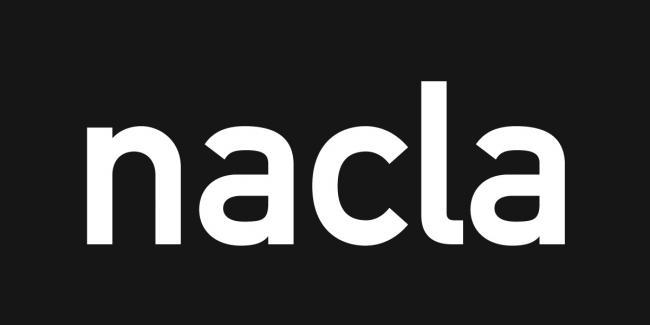A Joint Report on the 2009 Presidential Elections in El Salvador, With a Contribution by Mark Engler.
Published in NACLA.
After 17 years since the end of El Salvador’s civil war, the leftist Farabundo Martí National Liberation Front (FMLN) is poised to accomplish what its guerrilla predecessors never did: Takeover the national government with the presidential elections on March 15. The FMLN candidate Mauricio Funes holds a double-digit lead over his rival Rodrigo Avila of the right-wing Nationalist Republican Alliance (ARENA) party. An FMLN victory in March would break 20 years of one-party rule by ARENA.
On January 18 Salvadorans went to the polls to elect municipal and legislative representatives. Though both parties claimed victory, the FMLN came out ahead with a larger number of seats in the country’s National Assembly—an auspicious prelude to the presidential vote.
Funes will join a new coalition of left-leaning leaders throughout Latin America. The turning of the political waters constitutes a dramatic shift for El Salvador – and the region. Over the decades, ARENA administrations have made El Salvador one of Washington’s closest allies in the region and a poster-child of the free-market, neoliberal policies that have plunged millions into poverty throughout Latin America. The FMLN’s rise to power would also mark an essential breaking point with the legacy of the country’s civil war in which the US-backed government and its paramilitary death squads murdered some 75,000 citizens.
This report seeks to reflect on El Salvador’s current situation as well as the possibilities and challenges ahead at this pivotal moment for the nation’s future. The report is broken up into thematic sections, ranging from the campaigns and the economy, to militarization and the diplomatic front, and much more. These sections are, in turn, divided into more specific issues, such as CAFTA, water privatization, Plan Mexico, Integration, and potential relations with the new Obama administration.
This report is the product of collaboration between the Committee in Solidarity with the People of El Salvador (CISPES), the North American Congress on Latin America (NACLA), and Upside Down World. We hope this report helps create a more informed public in the United States, and that it contributes in some small way to Salvadorans’ ongoing struggles for self-determination and social justice.
View the full report (PDF).
